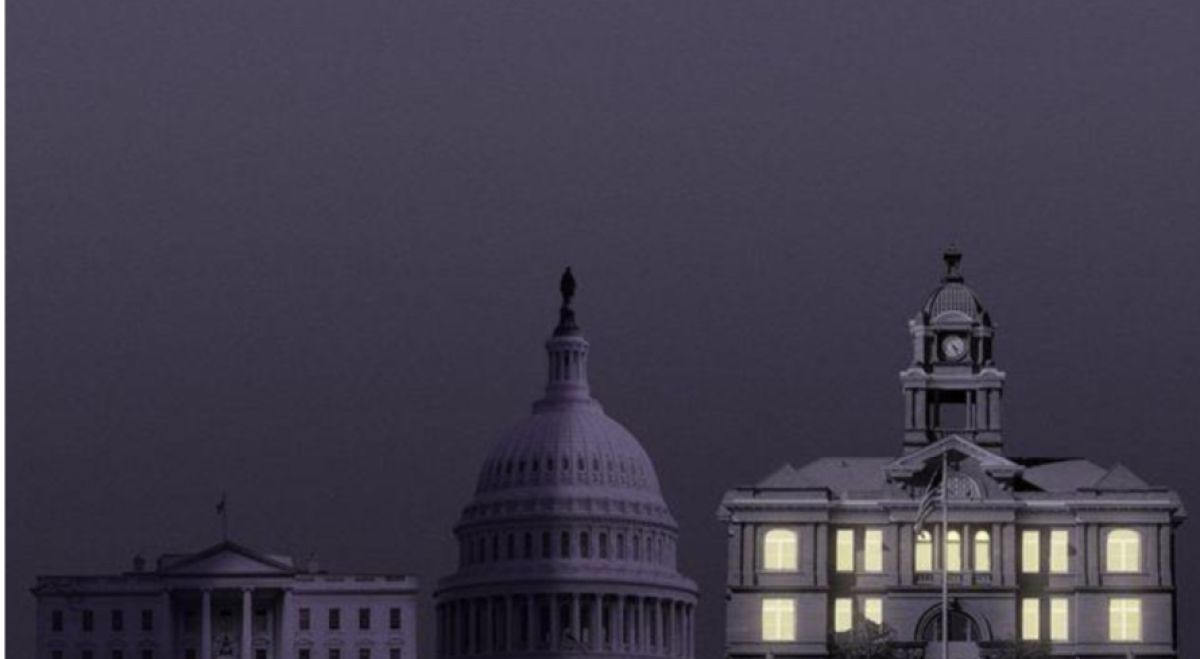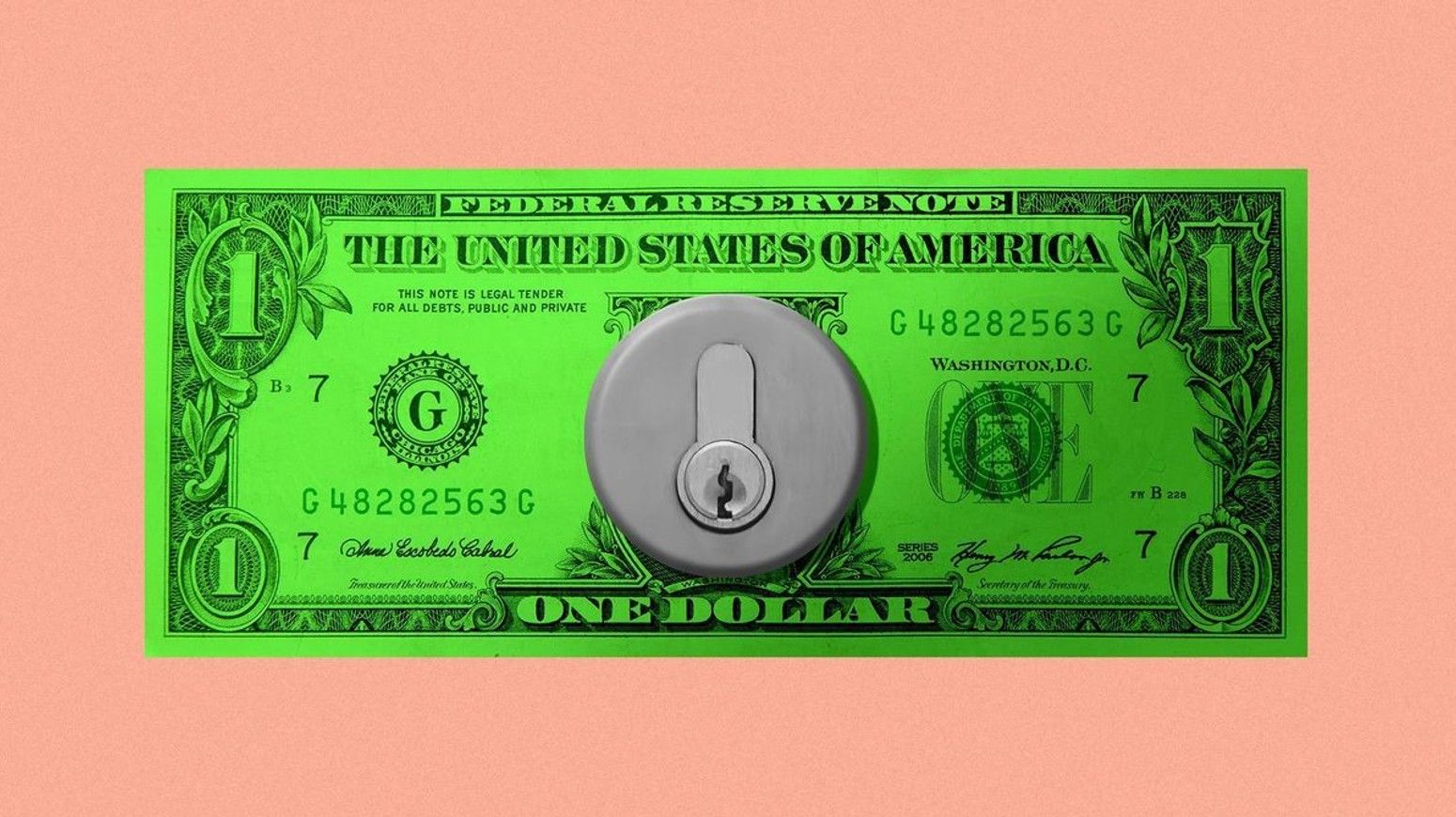Advocacy, eNews
How the November elections will impact 2025 and beyond
It’s still too early to reliably say what is going to happen in November; virtually every outcome is within reach for both parties. But we can look at a few of the more likely outcomes and start to evaluate what that might mean for businesses, trade, and other credit issues in 2025.

It’s still too early to reliably say what is going to happen in November; virtually every outcome is within reach for both parties. But we can look at a few of the more likely outcomes and start to evaluate what that might mean for businesses, trade, and other credit issues in 2025.
Biden Victory, Republican Senate, Democratic House
This is probably one of the more likely outcomes based on polling, Democratic candidate performance in special elections, and a potential cooling of Trump support as he starts getting back on TV in front of moderate and independent voters. For businesses, this outcome would be relatively good; President Biden would be somewhat restrained in his ability to have key Senate-confirmed positions filled unless they are proven moderates, and Democrats controlling the House would likely alleviate the shutdown and debt limit uncertainty that has plagued Congress the last two years. Furthermore, the gridlock in the House led by a few hyper-conservative Republicans would be broken, leading to potentially an uptick in bipartisanship, especially as Senate Republicans have continued to express a desire to pass more bipartisan legislation.
Trump Victory, Republican Senate, Democratic House
Trump’s polling in key swing states makes this outcome a real possibility, if conditions continue to trend as-is. This is probably the best-case scenario for businesses, as Trump will look to implement a number of administrative changes that would benefit businesses, and he would have the Senate to help ensure his cabinet is confirmed quickly. Democratic control in the House would also restrain the populist arm of the Republican party that is notably less pro-business than their more traditional counterparts. The downside to this outcome would be potential economic uncertainty that media and economists feared under Trump but that never really came to fruition during his first term. Another possibility to look out for would be government shutdowns, which occurred twice during Trump’s first term and would be almost guaranteed in a contentious second term.
Biden Victory, Democratic Senate, Democratic House
The number of vulnerable Senate Democrats up for re-election this cycle makes this outcome unlikely, but it is technically possible, especially if Democrats hold all but West Virginia and successfully flip Florida. For businesses, this would be a mixed bag. On one hand, Democrats would almost certainly push through another large economic package, injecting new money into the economy. On the other hand, they would also look to pass tax increases on corporations and wealthier individuals to help pay for this new spending and other tax breaks like the child tax credit. Also expect a whirlwind of new regulatory activity as Biden attempts to make the most of his last term.
Trump Victory, Republican Senate, Republican House
If Biden’s popularity falls any lower, or economic conditions deteriorate leading up to the election, this outcome becomes more and more likely. While potentially good for businesses, as Trump would aggressively roll back many of Biden’s regulatory changes, potentially significant spending cuts could be detrimental to the economy which is teetering on the edge of inflation or recession. One almost guaranteed positive is that Trump would push through an extension of his tax cuts that were passed in 2017, extending and potentially even lowering the corporate tax rate and key business write-offs. Democrats will still have enough seats in the Senate to cause a government shutdown if Republicans try to go too far in spending cuts, creating both a backstop and heightened uncertainty.
For Trade, it’s Almost All Bad
Both Biden and Trump are relatively anti-trade, and while Biden has been pushing a number of sanctions related to labor standards or environmental protection, Trump is equally likely to impose trade limitations or tariffs that spark new trade wars or close off certain markets. If Biden is elected, businesses can expect a continuation of the last four years, with potentially the successful implementation of a non-binding trade agreement with Taiwan. Under Trump, it is much harder to predict. While he was able to successfully renegotiate NAFTA during his first term, he also created just as many trade fiascos with both the EU and China as he implemented retaliatory tariffs across a number of industries.
How to Plan for 2025
Any regulations put in place before June of this year will take years to change under a potential Trump Administration, so do not expect any quick changes on that front. Regulations finalized between now and the end of the year could potentially be rolled back through an expedited “Congressional Review Act” process, but that is only likely to succeed if Republicans control both the House and the Senate, which we view as a bit of a long shot. On the tax side, we are expecting a bipartisan tax bill to pass during the lame-duck session of Congress in November and December, which would likely include an extension of certain R&D and bonus depreciation deductions. We do not expect rapid tax-related changes in 2025, unless one party wins control of both chambers in Congress and the White House, and even then, any changes are unlikely to happen until at least halfway through 2025.
In short, businesses can expect a fairly long runway to prepare for the effects of the 2024 election.





